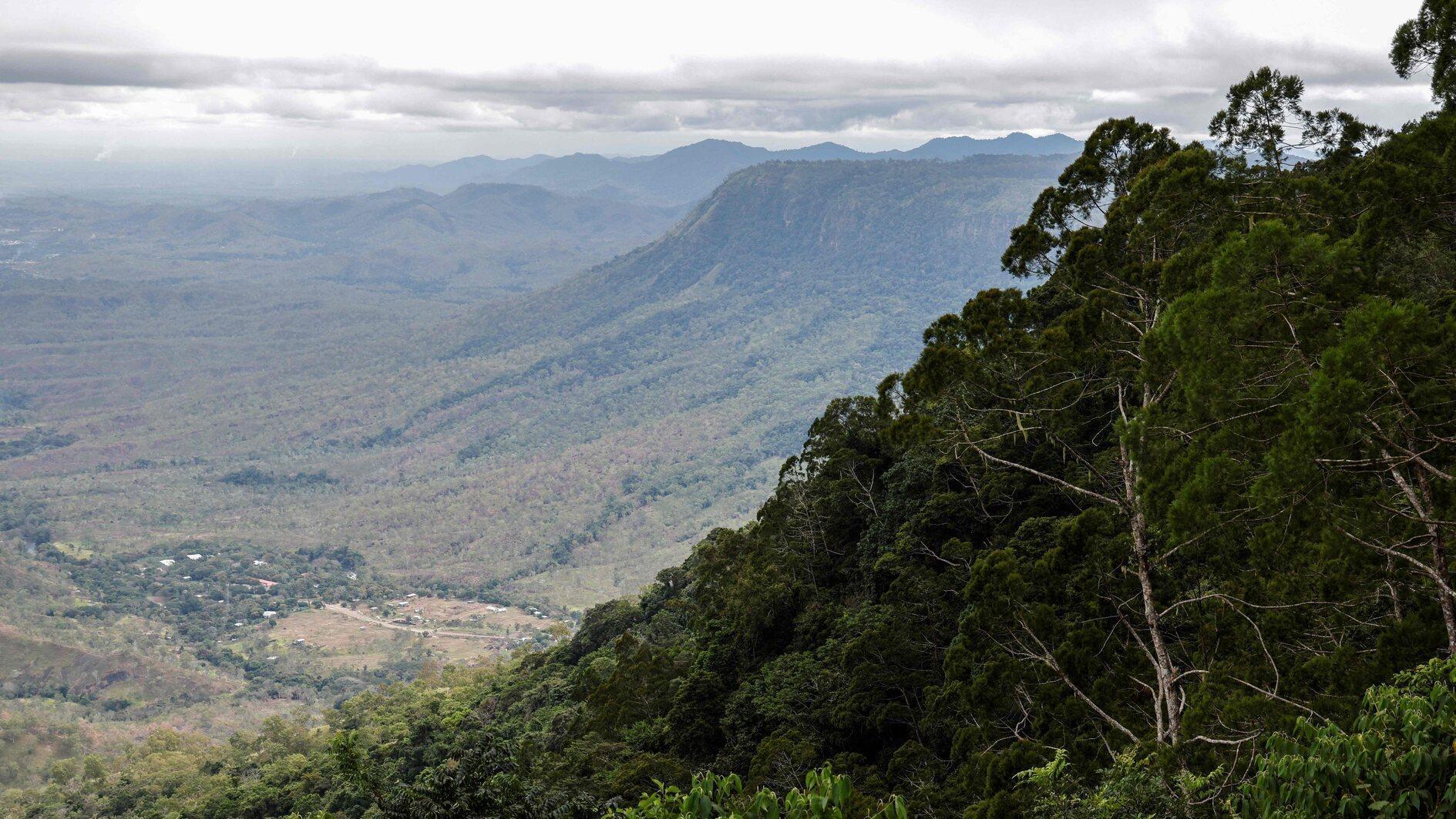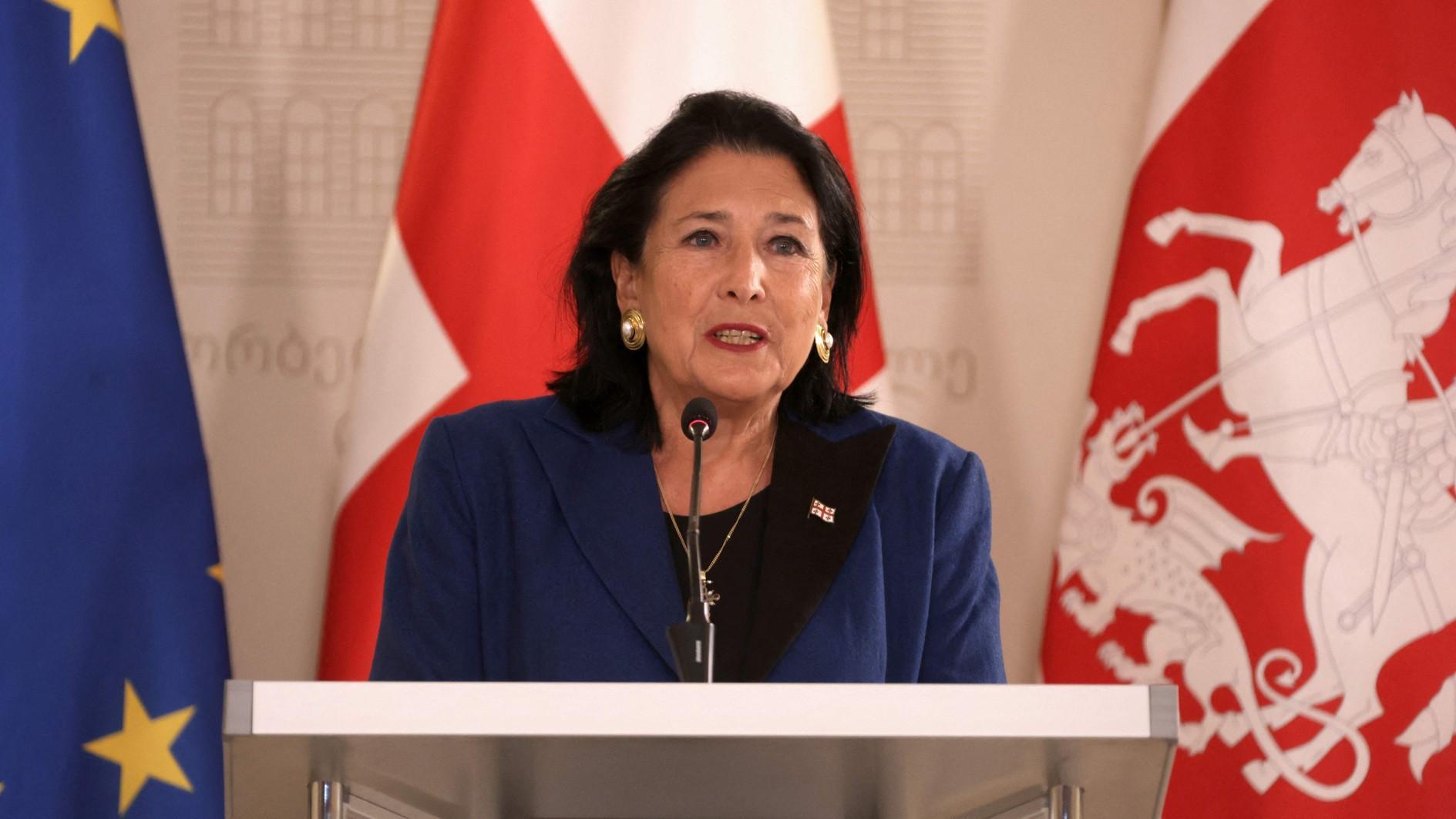Erdoğan’s continued vision for Turkey and the region
SİNAN CİDDİ
Turkey’s Justice and Development Party (AKP) held its fourth national convention over the weekend of September 29-30 and re-elected Recep Tayyip Erdoğan as its chairman for (probably) the last time. This does not mean that Erdoğan is destined to disappear from the helm of Turkey’s government; far from it. According to the AKP’s own bylaws, a party member may only hold a party position for a maximum of three consecutive terms. At this critical juncture, it is becoming clearer that Erdoğan has his sights set firmly on a revamped presidency, a position which is likely to give him considerably expanded executive powers. The term of the current president, Abdullah Gül, who was Erdoğan’s former foreign minister (2003-2007), is set to expire in 2014, by which time the AKP hopes to have promulgated a brand new constitution. During the convention, Erdoğan once again spoke of the need to ditch the present 1982 military-created constitution. A new “civilian constitution” as referred to by AKP officials, has been in the making since 2009-10 and the final document, which will be put before a national referendum, is expected to be ready by mid-2013 at the latest.While the rationale for creating a new primary document is justified by party officials on the need to establish a “streamlined” democracy for Turkey’s 21st century needs, it will be the constitution’s articles which will lay out the terms of Turkey’s new governmental system. Turkey has experienced adjustments to the institutional composition of government (maintaining a bicameral legislature between 1961 and 1980), but throughout the existence of the republican era (since 1923), Turkey has broadly been a parliamentary system with a largely ceremonial role for the president as head of state. To put it bluntly, the creation of any type of strengthened presidency is uncharted territory for the country. With Turkey being increasingly referred to as a regional power, and the vision set out by the Erdoğan administrations since 2002, it is felt that to implement the Erdoğan plan, a more autonomous presidential system is required.
Often referred to as “Target 2023” (the centenary of the founding of the Turkish republic), the AKP seeks to continue the economic, social and political overhaul of the country, which it began in 2002. The blueprint for these goals was further outlined at the convention, in a 63-point list of democratizing and developmental aims which Erdoğan seeks to achieve by the centenary. Foremost among these is finding a viable resolution to Turkey’s Kurdish crisis, an internal conflict which has been a bleeding wound in Turkey’s side for over three decades, resulting in the deaths of tens of thousands. Added to this, Erdoğan would like to see Turkey play the leading role in the affairs of the Middle East. The list of foreign participants at the convention was a testament to this. While Khaled Mashaal, the leader of Hamas, defined Erdoğan as “one of the leaders of the Muslim world,” the attendance of Masoud Barzani (leader of the Kurdish Regional Government in northern Iraq-KRG) and Egyptian President Mohamed Morsi signaled Turkey’s clear intentions for the region: the establishment of strong ties with Egypt; the replacement of Bashar al-Assad in Syria; close ties with the KRG and little dialogue with Israel until Israel accepts responsibility for raiding a Turkish aid ship in May 2010.
Between 2002 and 2010, the AKP faced a myriad of political opposition to its popular mandate to govern, despite being overwhelmingly elected three consecutive times. In addition to being nearly shut down by the country’s highest court, much of the legislative agenda of the party was either curtailed or significantly badgered by the country’s courts, the office of the president as well as Parliament and even the military. Put simply: in the heyday of his political popularity, Erdoğan does not want to be hampered by institutional entanglements. This may be, but the main opposition Republican People’s Party is keen to highlight that the intention behind the creation of a strengthened presidency is more likely to result in the creation of a Putinesque-style of government: one which is less accountable and less transparent and has little to do with democratizing Turkey. Despite the criticisms, it is clear that in whichever fashion Erdoğan may continue to lead Turkey, the country will continue to be more relevant in the shaping of the affairs of the region. Does this mean Erdoğan will be unchallenged for the role as president in 2014? Unlikely: Watch out for the maneuvers of current President Gül.
Dr Sinan Ciddi is the executive director of the Institute of Turkish Studies.
SİNAN CİDDİ - sinanciddi@turkishstudies.org











